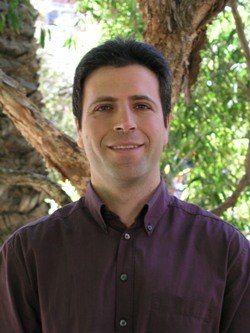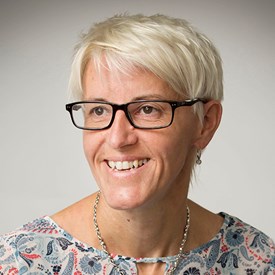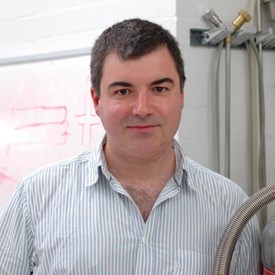The award
The Leverhulme Medal is awarded for outstanding contributions in the field of chemical engineering and applied chemistry. The award is supported by the Leverhulme Trust, established under the will of Victorian entrepreneur William Lever, and was first awarded in 1960 to mark the Tercentenary of the Royal Society. The medal is of gold, is awarded triennially and is accompanied by a gift of £2,000.
Eligibility
The Leverhulme medal is open to UK/Commonwealth/Republic of Ireland citizens or those who have been residents for three or more years. There are no restrictions on career stage and nominations will remain valid and shall be considered by the award selection committee throughout three nomination cycles. Teams or groups may now be nominated for this award.
Nominations are currently closed
Nominations are closed and will reopen in November 2027.


.jpg)


